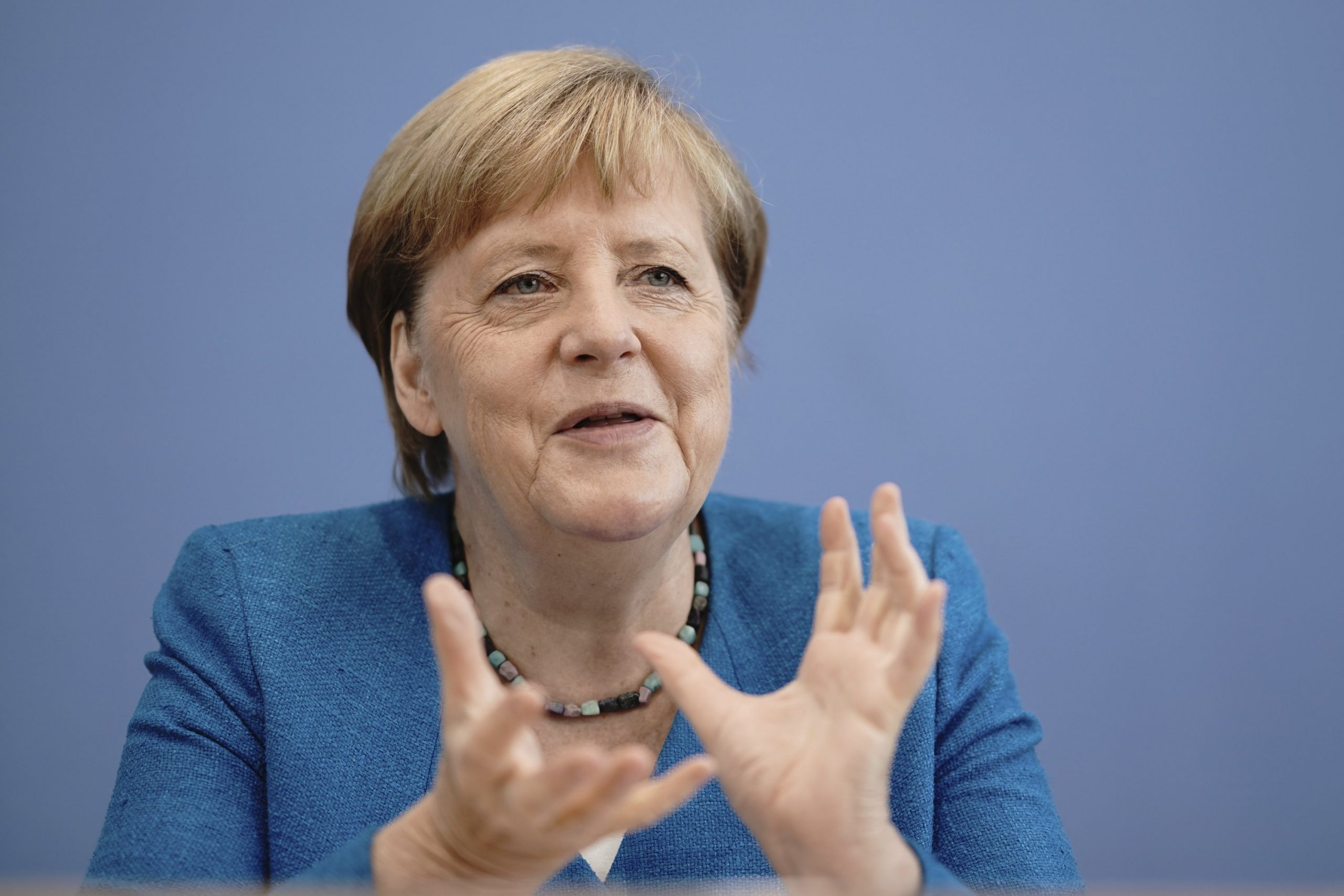
Germany’s beloved chancellor, Angela Merkel has grown into a household name in recent years, and the tenacity of her hard work is cemented in the country’s history. Born in 1954 in Hamburg as Angela Kasner, Merkel was the eldest child of Evangelical Lutheran pastor, Horst Kesner and language teacher, Herlind Jentzsch. Because her family’s faith was not fully accepted in communist East Germany, they remained in the eye of the Stasi for many years of her life. She and her family eventually moved to the city of Templin, where in 1973, Merkel graduated high school. She then went on to the University of Leipzig where she studied physics and met her then-husband Ulrich Merkel, whose name she still carries though they divorced after five years.
Her professional career started as a scientific collaborator at an academy. There is speculation that her religious affiliation may have prevented her from moving up in this position, but she nevertheless she persevered, eventually getting her PhD in quantum chemistry and was revered for her intelligence in the field.
After the fall of the Berlin Wall in 1989, Merkel began to dive into the political realm, joining the Christian Democratic Union. She moved up quickly within the party, and made her debut in national politics in 1998, as the first female appointed secretary general.
A few years later, in 2005, she was elected as Germany’s first female chancellor, and her achievements didn’t stop there. She is responsible for much of Germany’s recent progress, and her dedication to ending climate change resulted in legislation to eliminate Germany’s use of fossil fuels and nuclear energy. She’s also respected for her healthcare reform efforts, kindness toward refugees, and avid participation in the EU, where she is jokingly referred to as the leader.
Merkel’s popularity extends not only to her home country, but throughout all of Europe, being named one of the most trusted politicians in the continent. She’s also won the top rank of Forbes’ Top 100 Powerful Women list for nearly a decade.
In 2018, she announced her retirement as president of the CDU, and as chancellor, encouraging a new era of German politicians to continue her work. As she nears the end of her term, she leaves behind a legacy of integrity, scientific reasoning, economic innovation, and countless hours of dedicated work that will be revered by generations to come.
